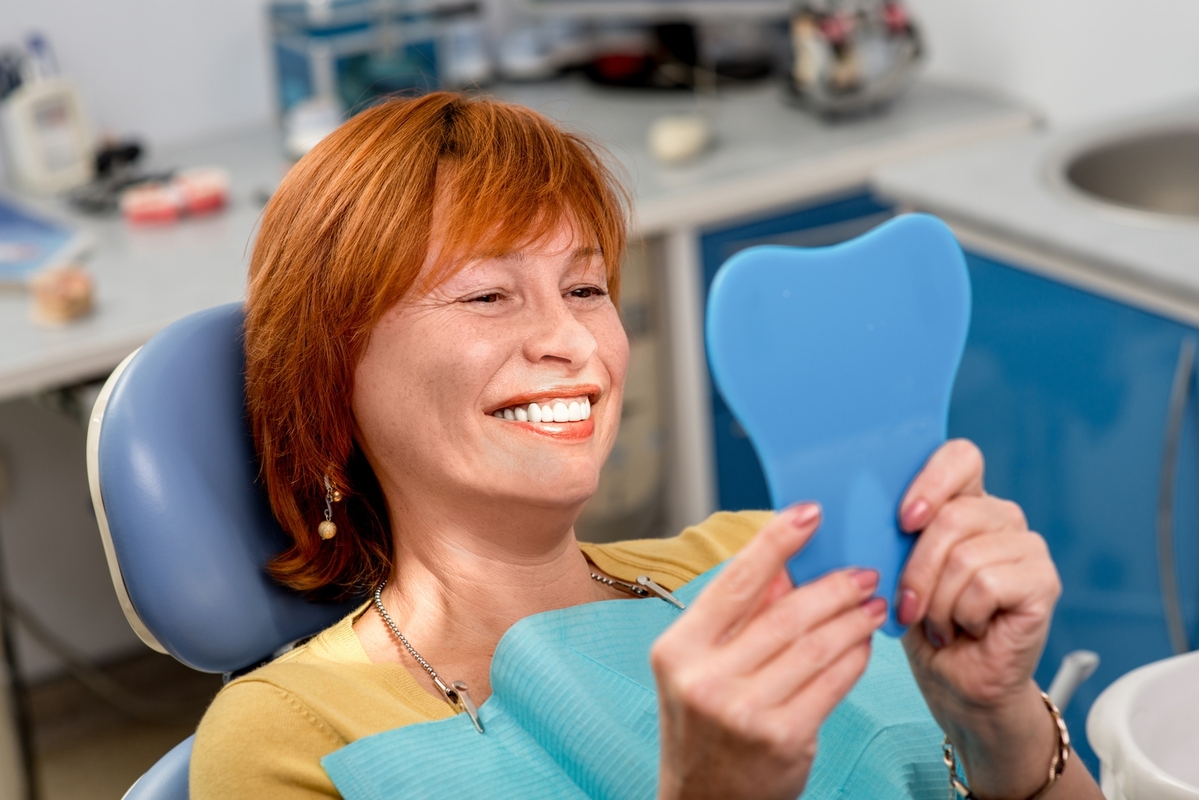Dental Implant Cost in Australia Everything You Need to Know
Dental health is a crucial aspect of overall well-being, and missing teeth can significantly impact both aesthetics and function. Dental implants have emerged as a leading solution to restore missing teeth, offering durability and a natural appearance. However, many individuals considering this option often have one primary concern: the cost.

Understanding Dental Implants
Dental implants are titanium posts surgically placed into the jawbone beneath the gums, acting as a foundation for replacement teeth. These implants fuse with the bone through a process called osseointegration, providing a stable base for artificial teeth, bridges, or dentures. The high success rate and long-term benefits of dental implants make them a preferred choice for many.
Factors Influencing the Cost of Dental Implants
The cost of dental implants can vary significantly depending on several factors:
1 . Number of Implants Needed: The more teeth you need to replace, the higher the overall cost. Single tooth implants are generally cheaper than full arch replacements.
2. Type of Implant: Various types of implants and techniques exist, including traditional implants, mini-implants, and All-on-4 (a method for replacing an entire arch).
3 . Preparation Procedures: Some patients require additional procedures such as bone grafting, sinus lifts, or tooth extractions before implant placement, which can increase costs.
4 . Material of the Implant: The quality and type of material used for both the implant and the prosthetic tooth affect the price. Zirconia and titanium are commonly used materials.
5 . Location and Expertise: The cost can vary depending on the location of the dental clinic and the expertise of the dental implantologist or surgeon.
6 . Additional Costs: Costs for consultations, imaging (such as X-rays or CT scans), and follow-up visits should also be considered.
Average Cost of Dental Implants in Australia
As of 2023, the cost of a single dental implant in Australia typically ranges from AUD 3,000 to AUD 7,000. Here’s a breakdown to give you a clearer picture:
– Initial Consultation: AUD 60 – AUD 200
– Implant Fixture: AUD 2,000 – AUD 3,000
– Abutment: AUD 450 – AUD 600
– Crown (Tooth Replacement): AUD 1,500 – AUD 3,000
For full-arch restorations using methods like All-on-4, the cost can range from AUD 15,000 to AUD 30,000 per arch. It’s essential to note that these are average costs, and the actual price may vary depending on the specific circumstances and dental clinic.
Insurance and Payment Options
Dental implant treatment can be a significant financial investment. In Australia, Medicare does not cover dental implants, but some private health insurance plans might offer partial coverage under their “Extras” policies.
Patients are advised to review their insurance plans thoroughly to understand the extent of coverage. Some dental clinics also provide payment plans or financing options to help manage the cost over time. It’s wise to inquire directly with the clinic about any available financial support systems.
Ways to Manage Dental Implant Costs
1 . Dental Tourism: Some Australians consider dental tourism, where they travel to countries with lower dental treatment costs. However, it’s crucial to weigh the potential risks and ensure the quality of care before deciding on this option.
2 . Government Assistance: For eligible individuals, public dental services may provide assistance or more affordable options, though dental implants are rarely covered.
3 . Discounts and Offers: Some clinics offer discounts for upfront payments or package deals for multiple implants.
4 . Health Funds: Utilizing your private health fund effectively can maximize your benefits under the “Extras” cover.
Conclusion
Dental implants represent a significant advancement in dental restoration, offering a reliable and aesthetically pleasing solution for missing teeth. While the costs in Australia can be substantial, understanding the factors that influence the price and exploring various financial options can help manage the expenses effectively. Consulting with a qualified dental professional to discuss your specific needs and budget is crucial for achieving the best possible outcomes.











